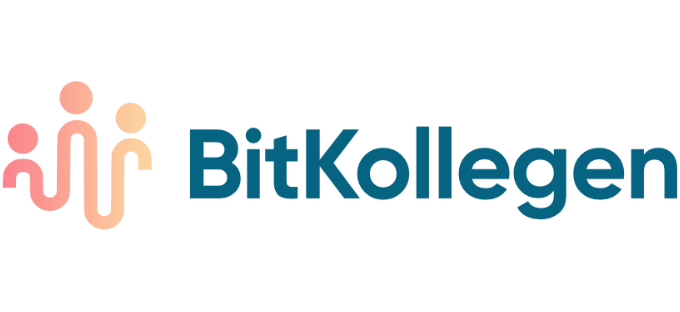IT outsourcing and SDGs IV: SDG 10 – Less inequality
We continue with our short series on the SDGs relevant to IT outsourcing (Sustainble Development Goals: more info: THE 17 GOALS | Sustainable Development (un.org)).
In this article, we look at the 10th SDG – Reduced Inequalities.
This goal aims to reduce social, economic and political inequalities in the world.
We look at how social and sustainable IT outsourcing can contribute to the realization of this SDG.
So how exactly can responsible IT outsourcing reduce inequalities?
Integrating marginalized communities and expanding the talent pool
In some countries, population groups that are not necessarily minorities, such as women, ethnic or religious minorities and people with disabilities, are excluded from certain traditional training and employment opportunities or find it much more difficult to access them.
Even if such conditions prevail in the target country, a diversity-sensitive outsourcing provider can specifically address these groups of employees and thus create employment opportunities that would not exist for these people with a local provider.
As a result, outsourcing can integrate groups into the global labor market that have no chance in the local labor market.
In turn, the outsourcing provider’s customers benefit from the potential of such “undiscovered” specialists and the significantly expanded talent pool.
Promoting diversity in the workforce
Sustainable IT outsourcing enables companies to utilize talent and expertise on a global scale, regardless of geographical boundaries.
Hiring employees from different parts of the world with diverse backgrounds helps to reduce discrimination and prejudice.
A diverse workforce at the outsourcing provider gives its clients the opportunity to create diverse teams that bring different cultural backgrounds, perspectives and experiences to the table.
This typically increases the creativity and innovative capacity of the teams.
Creating inclusive working environments
Sustainable IT outsourcing also promotes the creation of inclusive working cultures.
Companies that put together global teams must actively address issues such as cultural sensitivity and inclusion, which is an important prerequisite for successful collaboration.
Even if this means additional work in the first step, it stands to reason that everyone involved will benefit in the long term.
This leads to better understanding and respect among employees and helps to minimize conflicts and prejudices.
Economic impact
Sustainable IT outsourcing can also have a positive economic impact on disadvantaged regions and thus also contribute to the realization of the 8th SDG (see also our blog post on SDG 8).
By creating fairly paid employment opportunities in less developed areas, companies can promote jobs and prosperity in these communities.
This can help to reduce income inequality and improve access to education and healthcare.
Role model function
The promotion of disadvantaged groups will not go unnoticed in the target country and can thus contribute to increasing the social status and de-marginalization of affected groups.
Overall, responsible IT outsourcing contributes to achieving the goals of SDG 10 – Reduced Inequalities.
In our view, it is particularly important to take a close look at the target country: Which groups are marginalized?
Which have the potential to develop their potential better as remote specialists in outsourcing than with a local employer?
We are always in discussion with our employees in order to understand cultural contexts correctly and align our recruiting strategy accordingly.



